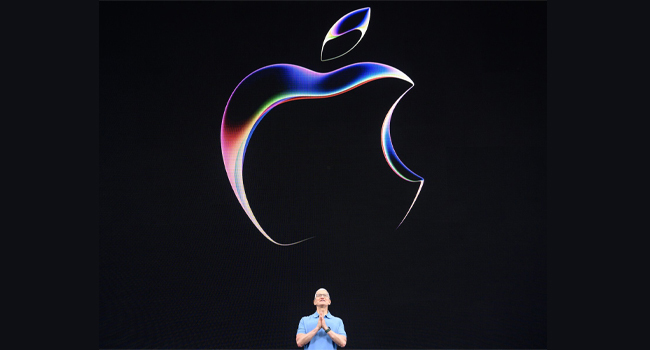
The Democratic Republic of the Congo (DRC) has filed a criminal case against Apple, accusing the tech giant’s European subsidiaries of using “blood minerals” in its supply chain. The lawsuit, filed on December 17, 2024, claims that Apple knowingly purchased illegally mined minerals from conflict zones in the DRC and Rwanda, where mining activities are allegedly fueling violence and financing militias.
The complaint, lodged in Paris and Brussels, alleges that Apple’s French and Belgian subsidiaries engaged in deceptive commercial practices by misleading consumers about the ethical sourcing of their materials. The DRC’s legal team has also accused Apple of involvement in war crimes, money laundering, forgery, and deception.
According to the DRC’s Washington-based lawyer, Robert Amsterdam, this lawsuit represents a critical legal step to hold Apple accountable for its involvement in perpetuating violence and human rights abuses in mineral-rich regions of Africa. He stressed that Apple, as a trillion-dollar company, cannot hide behind “supply chain defenses.”
The lawsuit has drawn significant attention in the international community, with Paris-based lawyer William Bourdon calling it a “first step” toward holding one of the world’s largest tech companies accountable for its role in the exploitation of African resources. The complaints focus on the vast suffering caused by the conflict over mineral resources, including forced labor, child exploitation, and environmental devastation.
Despite these allegations, Apple has denied the claims, stating that it rigorously verifies the origins of its materials and has no evidence to suggest that its products contain illegally sourced minerals from conflict zones. Rwanda, which is also accused of involvement in the illegal mineral trade, has dismissed the allegations as baseless, accusing the DRC government of attempting to divert attention from its own internal issues.
The case is likely to raise further questions about the ethics of supply chains in the tech industry, especially as global scrutiny on the sourcing of minerals used in electronic devices continues to increase. The outcome of the lawsuit could have far-reaching consequences for tech companies’ practices worldwide.








